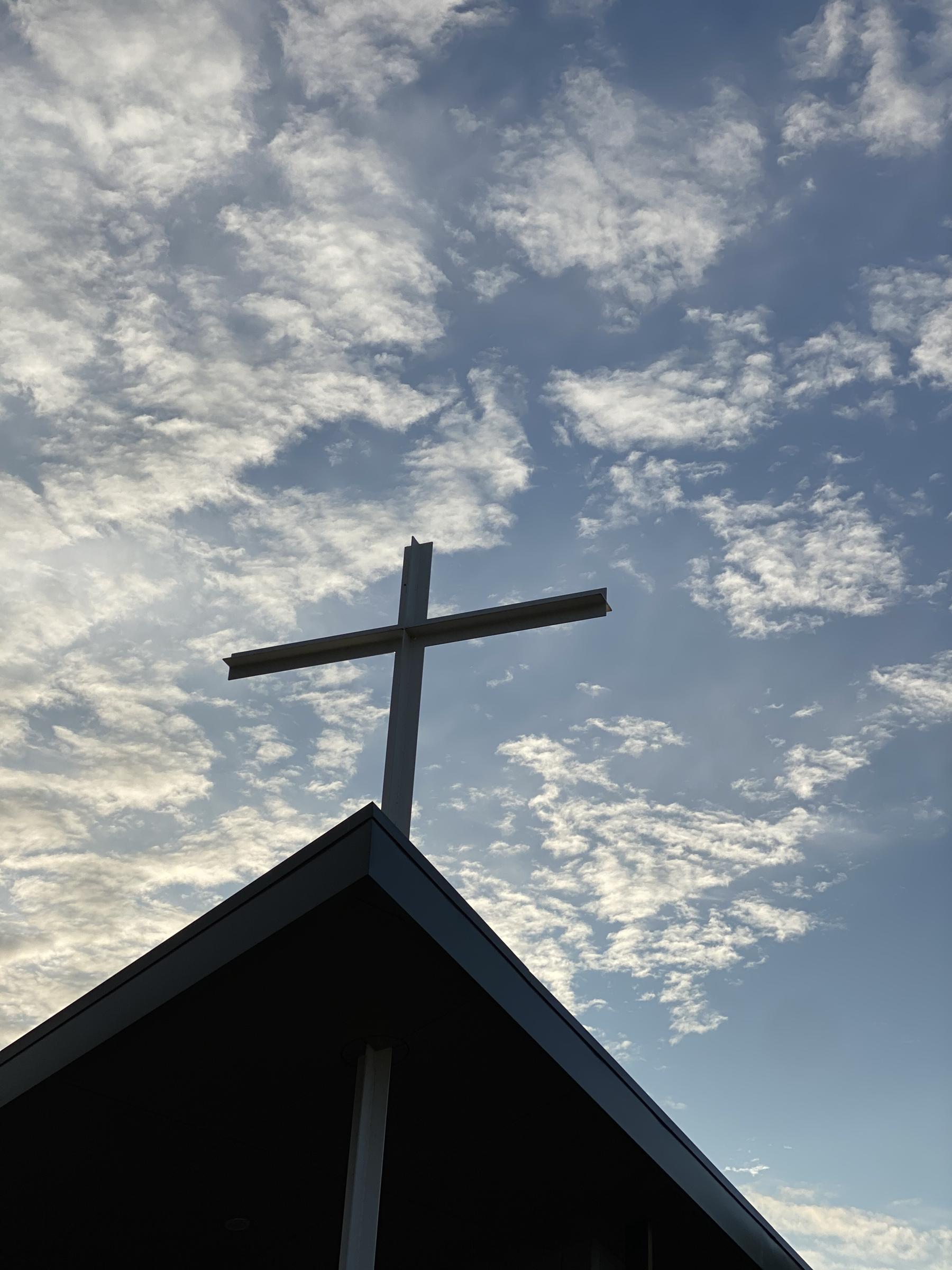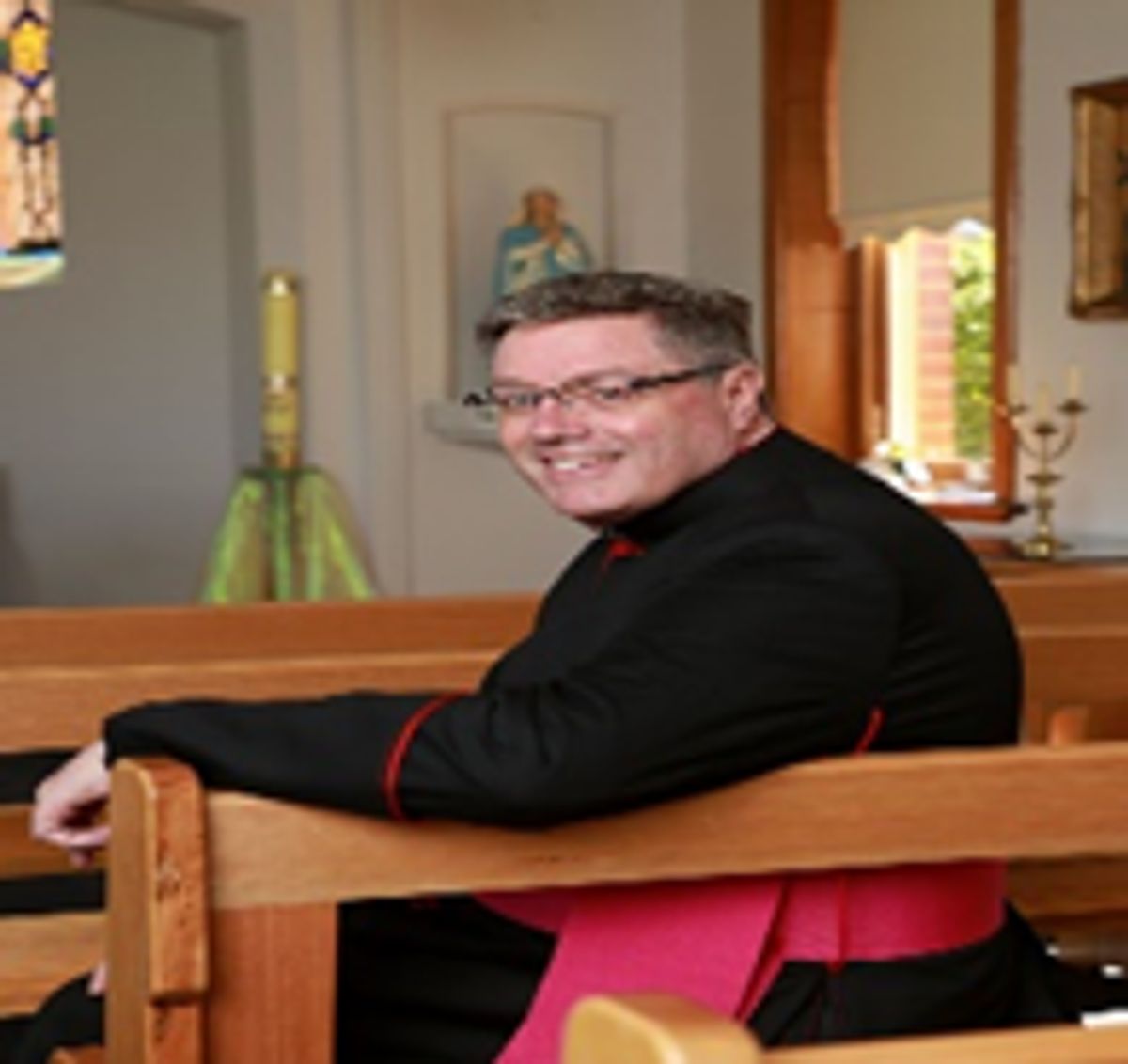Catholic Identity and Mission and Wellbeing
Mr John Ryan - Deputy Principal

Catholic Identity and Mission and Wellbeing
Mr John Ryan - Deputy Principal
CATHOLIC IDENTITY AND MISSION
Be Calm and Full of Hope MMK 1871
Spanning across the six weeks of Lent each year, Project Compassion brings thousands of Australian schools, parishes and supporters together to raise funds for people living in some of the most vulnerable communities across the world. The College asks you to place spare change in the boxes provided to each family. Fundraisers are being run at the College. Each family’s generous support can help change lives for all future generations.
Stories for the next fortnight
First Week of Lent (Week beginning Monday 7th March) We begin our annual Lenten Project Compassion journey by learning about Anatercia, a 12-year-old girl living in a small village in southern Mozambique. She began to take on more and more adult responsibilities as her mother has chronic health issues. She did most of the household chores and had to travel up to five hours every day to collect clean water. Water scarcity also meant that harvests were poor and there was never enough to eat. With your support, Caritas Australia’s local partner, Caritas Regional Chokwe, was able to help Anatercia’s family to irrigate their farm to improve their food security. They also improved water access for households in the village, delivered sustainable farming training, and provided Anatercia with essential school supplies. Anatercia’s health, education and quality of life have improved, along with the outlook of her whole community for all future generations. Watch a short film about Anatercia’s story here. Please support Project Compassion: lent.caritas.org.au
|
Photo: Emidio Josine/Caritas Australia |
Second Week of Lent (Week beginning Monday 14th March) This week through Project Compassion we learn about Biru who lives in a rural village in India’s east. He lost mobility in one of his legs, after contracting polio as a child. Biru worked as a shepherd, looking after other people’s cattle, to support his wife and four daughters. Keeping up with the cattle was a challenge. Biru taught himself how to repair bicycles by watching other people, but he never dreamed of using those skills to start his own business. With your generous support, Biru was able to access an entrepreneurship and livelihoods training program, run by Caritas Australia’s partner, Caritas India. He gained the support and skills he needed to start his own bicycle repair business. Now, Biru earns enough money to support his family. Watch a short film about Biru’s story here. Please support Project Compassion: lent.caritas.org.au
|
Photo: Sameer Bara/Caritas Australia |
Friday March 18: Visit by the Bishop Greg Bennett 10th Bishop of Sale


Bishop Gregory Charles Bennet is the tenth Bishop of the Catholic Diocese of Sale. He is originally from the Catholic Archdiocese of Melbourne.
Bishop Bennet was born in 1963 and educated at St Dominic’s Primary School, East Camberwell, All Hallows Primary School Balwyn and Marcellin College Bulleen, before completing his secondary education at the ecumenical Braemar College at Woodend. He then joined the Commercial Bank of Australia whilst undertaking studies in Public Administration.
The journey to becoming a Bishop
1986 Commenced seminary training
1992 Ordained a priest, ministering in several parishes
1995-2000 Studied in USA and Rome
2005 Became inaugural Director of the Archbishop’s Office for Evangelisation
2012 Appointed Vicar General and Moderator of the Curia, the same year that Fr Bennet was awarded the distinction of being appointed as a Prelate of Honour of His Holiness by Pope Benedict XVI
2020 Appointed by Archbishop Peter Comensoli as Parish Priest of St Joseph’s West Brunswick
27 June 2020 Pope Francis appointed Monsignor Bennet as tenth Bishop of Sale
Bishop’s Itinerary for visit to Mary MacKillop Catholic Regional College
| 10.00am | Arrival and welcome by College Captains |
| 10.15 – 10.45am | Meet with Students Leaders School Captains & Justice Captains |
| 10.45 – 11.15am | Morning Tea with Leadership Team |
| 11.10-11.55am | Year 8 Group 1 - 8A, 8B & 8C (Inc. Q & A with the Bishop) |
| 12.00-12.45pm | Year 8 Group 2 – 8D & 8E (Inc. Q & A with the Bishop) |
| 12.50-1.35pm | Lunch |
| 1.35pm – 2.00pm | Meet with Mr Freeman |
WELLBEING
“Be a Gift of Love and Compassion” MMK 1899
The Victorian curriculum sets the achievement standards for personal and social capabilities.
The Personal and Social Capability is essential in enabling students to understand themselves and others, and manage their relationships, lives, work and learning more effectively. The capability involves students learning to recognise and regulate emotions, develop empathy for others and understand relationships, establish and build a framework for positive relationships, work effectively in teams and develop leadership skills, and handle challenging situations constructively.
By the end of Level 8 most students should be able to
By the end of Level 10 student should be able to:
By the end of Level 8 most students should be able to
By the end of Level 10 student should be able to:
By the end of Year 8 most students should be able to
By the end of Level 10 student should be able to:
Young people face challenges never experienced by other generation. Technological platforms are at their fingertips. For some adolescents the opportunity to connect with others has never been easier. The purpose of explicitly teaching the personal and social capabilities is to allow our students to make good choices. Their skill sets are ever expanding.
It is important for parents to have conversations with their children about how they manage their social relationships. Are we really in touch with what young people are experiencing?
Positive online behavior tips for parents to discuss with their children
Learning how social media works, and engaging with it in a positive way, is a great way to show your child what is and isn't okay to do online. Here are examples of positive online behaviour that you can model for your child.